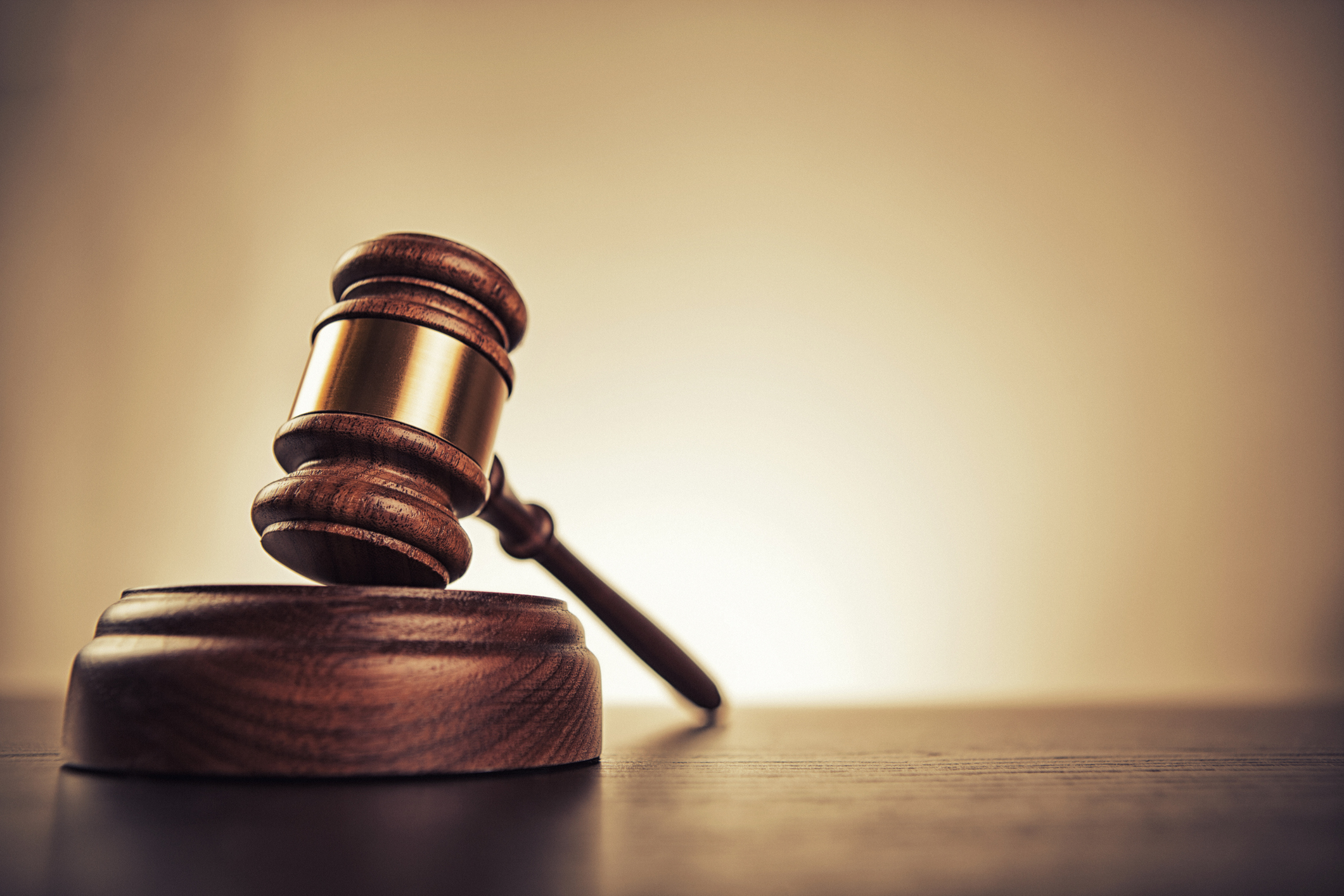Forgery and counterfeiting offenses make up about 1-2% of all crimes reported each year in the United States. It also does not always require advanced skills. Many forgeries are simple, like changing a date or signature. It is the simplicity of some forgery cases that makes them more common. The Federal Trade Commission states that in 2023, Americans lost more than $10 billion in fraud alone.
People without a background in forgery commit many cases of second-degree forgery. A second-degree forgery is often classified as a felony, not a misdemeanor. This means it can lead to heavy legal penalties, including a lot of time in prison. Arkansas has a strict stance on this matter.
According to second degree forgery attorney Kevin Lemley, forgery crimes can often result in incarceration and large fines, and upon conviction, you’ll likely lose your rights. So if you’re charged with forgery, the best you can do is seek professional help.
In this article, we will explore the ins and outs of forgery, from its forms and penalties to the defenses you can use.
Definition of Forgery in Arkansas
Forgery is the act of intentionally altering a document with the intent to deceive. This alteration can include changing the content of a document, forging someone else’s signature, or creating a fake document altogether. The main factor is the deliberate aim to deceive or cheat others by manipulating information.
Forgery in Arkansas is taken seriously and it is considered a criminal offense. If you’re caught committing forgery, you can be punished with fines and even imprisonment.
To avoid getting into legal trouble, always make sure that any documents you handle are authentic and haven’t been altered in any way. If you’re unsure about the legitimacy of a document, it’s best to seek clarification from the appropriate authorities.
Types of Forgery Recognized
Forgery includes a broad range of actions that the state considers illegal and punishable under its forgery laws. In Arkansas, common types of forgery include altering a document, creating a false document, signing someone else’s name without authorization, or possessing forged documents with the intent to deceive.
- Altering a document: It’s the act of changing its content or information in a fraudulent manner.
- Creating a False Document: Making a document appear legitimate but is entirely fabricated.
- Signing Someone Else’s Name without Permission: This is a clear form of forgery, as it misrepresents the identity of the signer.
- Possessing forged documents with the intent to deceive: These are also considered serious offenses in Arkansas.
Elements of Forgery Offenses
In Arkansas, the core elements that constitute a forgery offense include knowingly creating or altering a written instrument with the intent to defraud or deceive another person. This includes falsifying signatures, altering information on a document, or creating a fake document altogether.
Another element is the act of uttering, which refers to knowingly presenting or using a forged document as if it were genuine. The intent to defraud is a key component of forgery offenses in Arkansas, distinguishing it from innocent mistakes or errors. The forged document must be related to legal or financial matters to fall under forgery laws. Being aware of these key elements can help you understand the gravity of forgery offenses and the potential legal consequences that may follow.
Penalties for Forgery Convictions
If you’re found guilty of forgery, you may face both criminal and civil penalties. Criminal penalties for forgery in Arkansas can include fines of up to $10,000 and imprisonment for up to 10 years, depending on how serious the crime is.
A forgery conviction can also damage your reputation and future job prospects. Employers are often hesitant to hire individuals with a criminal record, especially for positions that require trust and responsibility. Also, a forgery conviction can make it harder for you to get loans, housing, and professional licenses.
Financial institutions frequently perform background checks and assess the financial histories of applicants. A criminal record, particularly one involving financial crimes such as forgery, may cause lenders to be cautious about approving loans due to concerns about potential risk.
Take forgery accusations seriously and seek legal representation to defend against these charges. The consequences of a forgery conviction can be significant, so always know more about its potential penalties and take proactive steps to protect your rights.
Legal Defenses Against Forgery Accusations
Asserting a strong legal defense can protect your rights and reputation. One effective defense is claiming lack of intent to defraud, which can arise if you mistakenly signed someone else’s name but had no intention to deceive or gain unlawfully.
Another defense could be lack of knowledge, where you were unaware that the document was changed or forged. Proving that you were coerced or under duress to commit the forgery can also serve as a defense.
Showing that the alleged forged document lacks authenticity or that the signature in question doesn’t match yours could help refute the accusations. It’s a good idea to talk to a lawyer about forgery accusations in Arkansas.
Conclusion
Forgery laws in Arkansas are very strict and they come with severe penalties for those convicted of this crime. It’s important to understand the definition of forgery, the types of forgery recognized, the elements of forgery offenses, and the potential legal defenses available.
Educate yourself on the consequences of forging documents or signatures in Arkansas to avoid facing serious legal consequences.



